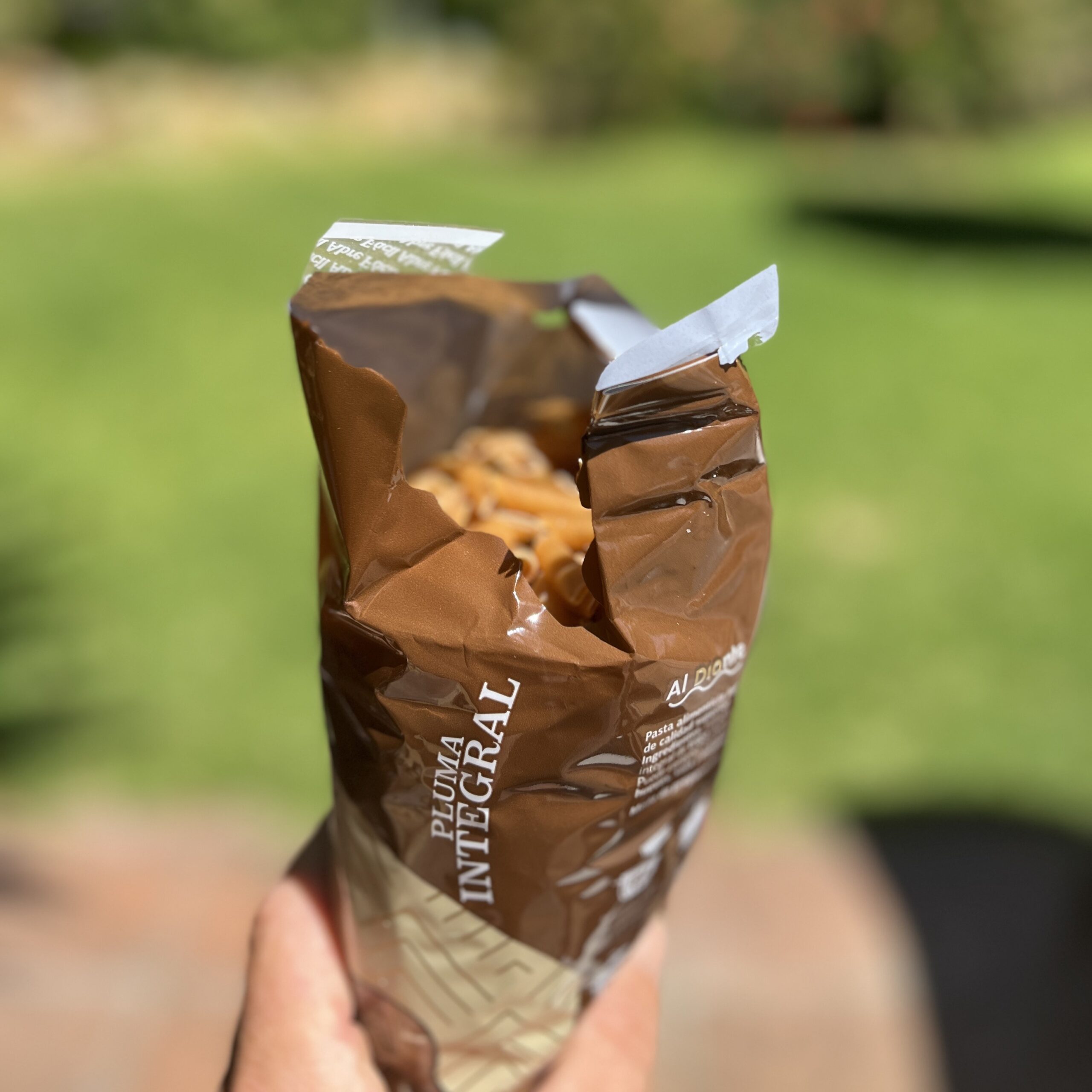Polyethylene and polypropylene are by far the most commonly used polymers for food packaging. Thanks to raw material producers and machine manufacturers, innovation cycles are very short and in-depth knowledge is often quickly outdated. It is difficult to maintain an overview. In addition, the value chain and the markets demand sustainable solutions and weight savings – without compromising on the properties in the application.
The full-day training courses are aimed at all companies in the “food packaging” value chain that deal with flexible and semi-rigid packaging (thermoforming) made from polyolefins. These are film manufacturers, machine manufacturers, packers, brand owners and retailers. Typical functions in the company are packaging material developers, sustainability staff and technical sales.
Typical questions could be
- Should the new packaging be made of PP or PE or another material?
- What is the best manufacturing process?
- How can I make my packaging recyclable without compromising its important properties?
- How can I save weight and therefore costs?

The group size is usually 5 to a maximum of 15 employees.
In-house training from a neutral party is independent of company interests and offers and provides a compact overview of individual issues in one day. This approach is very effective and cost-effective compared to individual development by employees and also minimises the risk of misinterpreting or prioritising the information gathered and possibly overlooking market-relevant factors during research.
In the preliminary discussion, it is possible to adapt the content to the customer’s individual wishes and thus tailor the training to the needs of the company and its employees: Corporate strategy, special challenges, group size and structure, previous knowledge, etc.
The in-house training courses are based on these public web seminars by Dr. Heiko Schenck and others.
